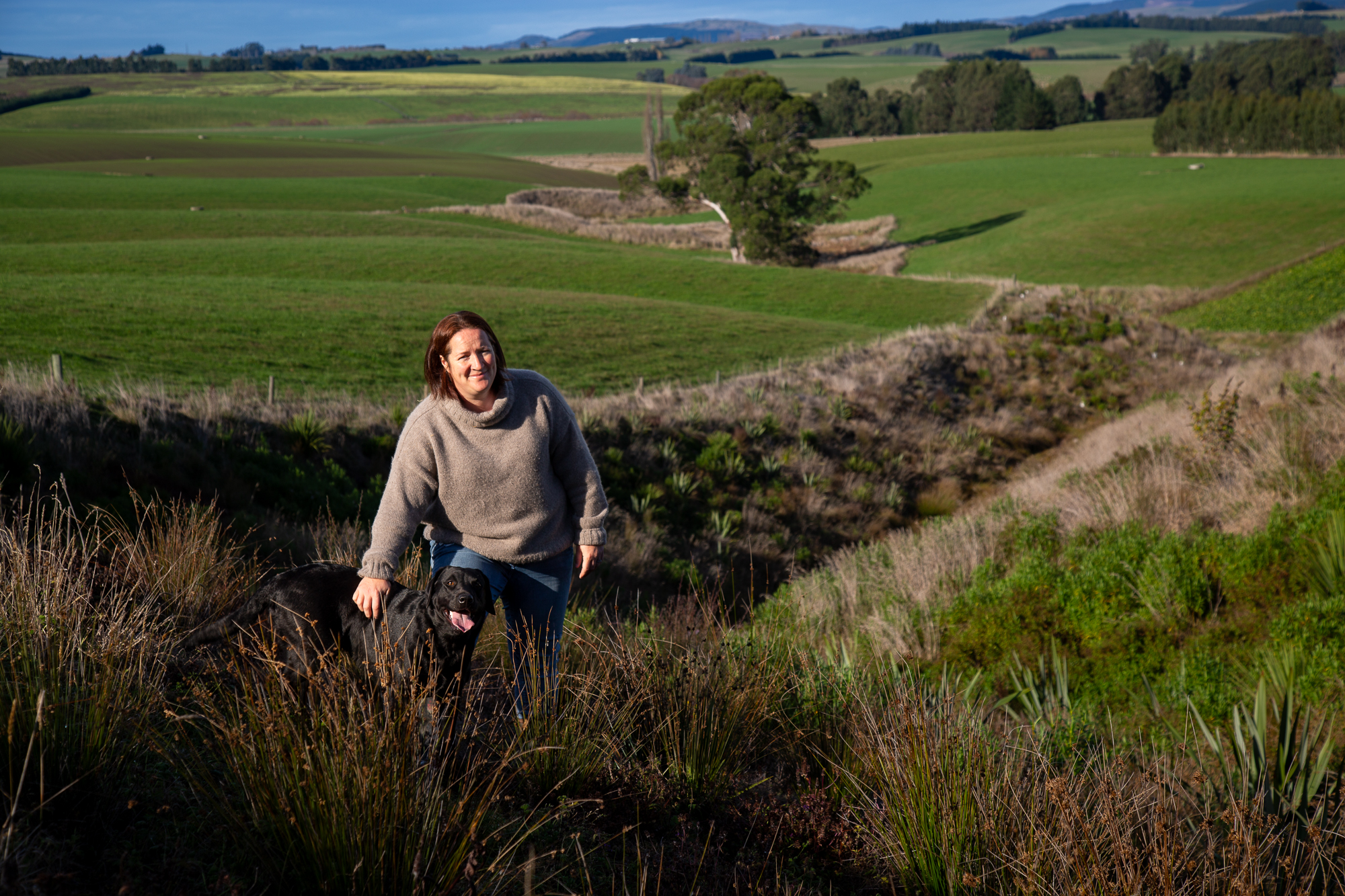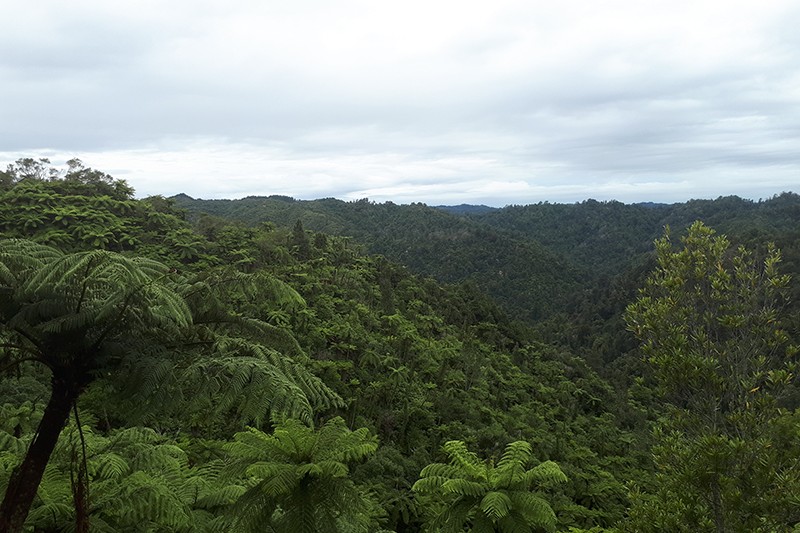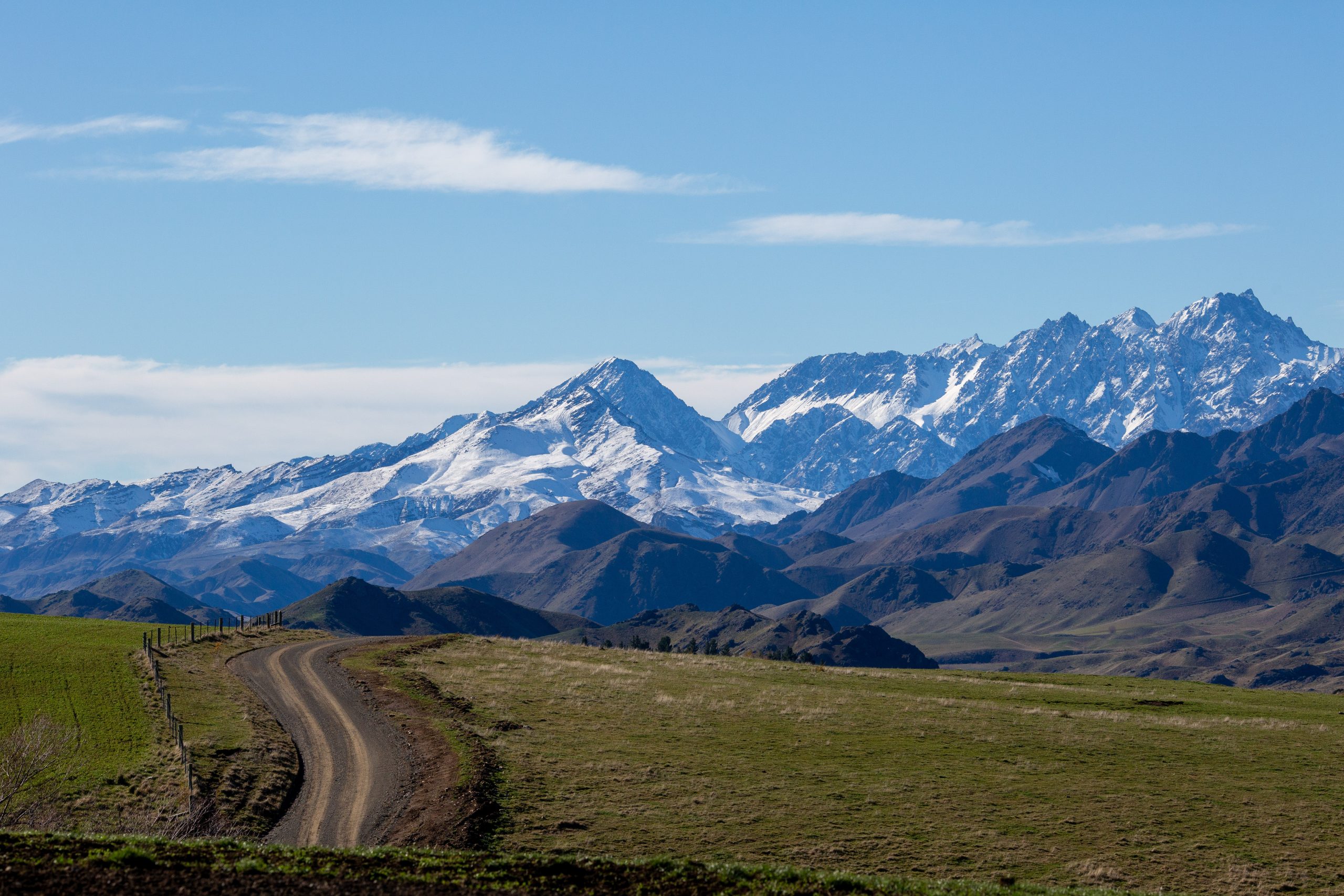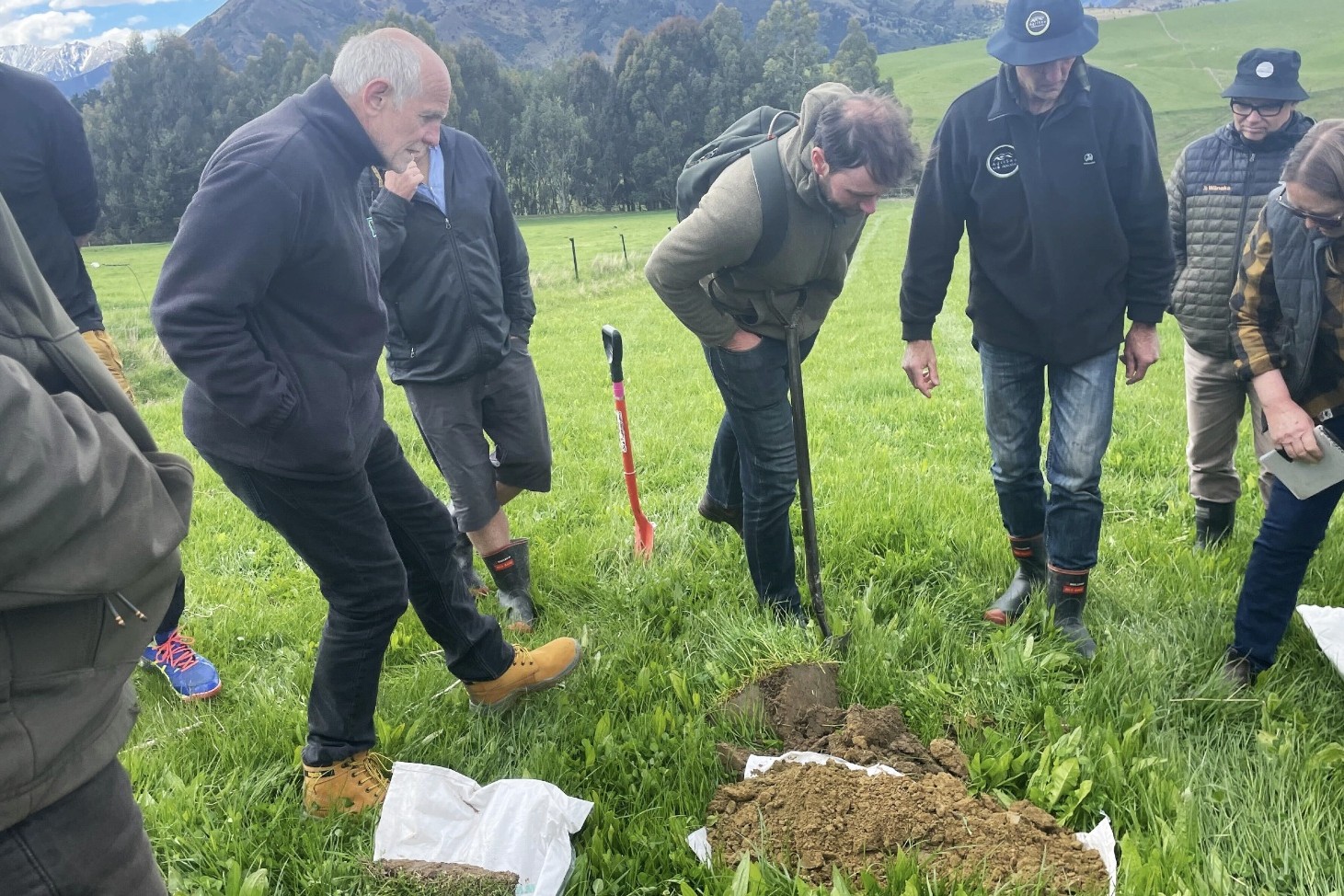Top farmers have green values
The innovative and forward thinking approach of Richard and Becks Tosswill was recognised with the supreme award for the Greater Wellington region in the 2018 Ballance Farm Environment Awards, and it continues to be a focus for the couple.

By Rebecca Greaves
Gladstone farmers Richard and Becks Tosswill aim to enhance the environment of their hill county sheep and beef farm Te Awaawa sustainably, without compromising production and profitability.
Their innovative and forward thinking approach to the environment was recognised with the supreme award for the Greater Wellington region in the 2018 Ballance Farm Environment Awards, and it continues to be a focus for the couple.
Wairarapa Sheep & Beef Farm Business of the Year judges, which the Tosswills won for 2021, were also impressed with their proactive stance on the environment, highlighting it as key to their success.
Judge Geordie McCallum said the couple was not sitting around waiting to be told what to do. “They’re already doing the things they believe and hope will make the business viable for the next 100 years. They’re trying to manage their nutrient emissions, and planting and erosion are also being addressed.”
Since buying the farm 12 years ago the couple has retired and planted 12.5 hectares in multiple species, fenced off critical source areas and built a large sediment trap. They have planted over 2500 poplars and willows, and 800 natives and have also covenanted 2ha into the QEII National Trust.
There is 20ha of forestry on the farm, and they are working with forest management company Forest 360 to understand their carbon footprint.
Tracmap and variable rate fertiliser spreading is utilised and they have begun water testing and soil monitoring to assess its health.
As well, there are beehives on three sites on the farm, they have released aphids as biological control for thistles, and dung beetles were released on two sites on the farm last year.
Becks says a sustainable environmental policy is part of their business strategy, and they have always placed strong emphasis on the environment.
“From the very beginning we wanted to look after what we have and hand it over to the next generation in a better space. We developed a plan and chipped away.”
There have been more than 30,000 trees planted on the farm in the last 12 years, some utilised as fodder for stock in dry summers. Trees also provide shade for stock, and mitigate erosion by reducing slips and scarring.
“We’re very aware it’s consumer driven. The story we are telling, it’s not just about our business, but how we care for the land – looking after the land, proving we do it and the messages we put out into the community. It’s part of the fabric of our farm business story,” Becks explains.
The Tosswills have an open farm policy, regularly hosting groups of visitors. Recently, Ministry for Primary Industries staff from the Wellington office came for a look. Richard feels it is important that those who influence the policies that affect farmers get a taste of life on a farm.
The family has played host to more than 60 willing workers on organic farms (Woofers) over the years and Becks says they all take the farm story back to their home countries. One couple has even started their own farming and education programme in Germany.
“We had a French chef visit us here and take what they’d seen back to their restaurant in France. He has a dream to serve Te Awa Awa lamb in his restaurant, which is really humbling.”
He says it is about building relationships to get that story across.




